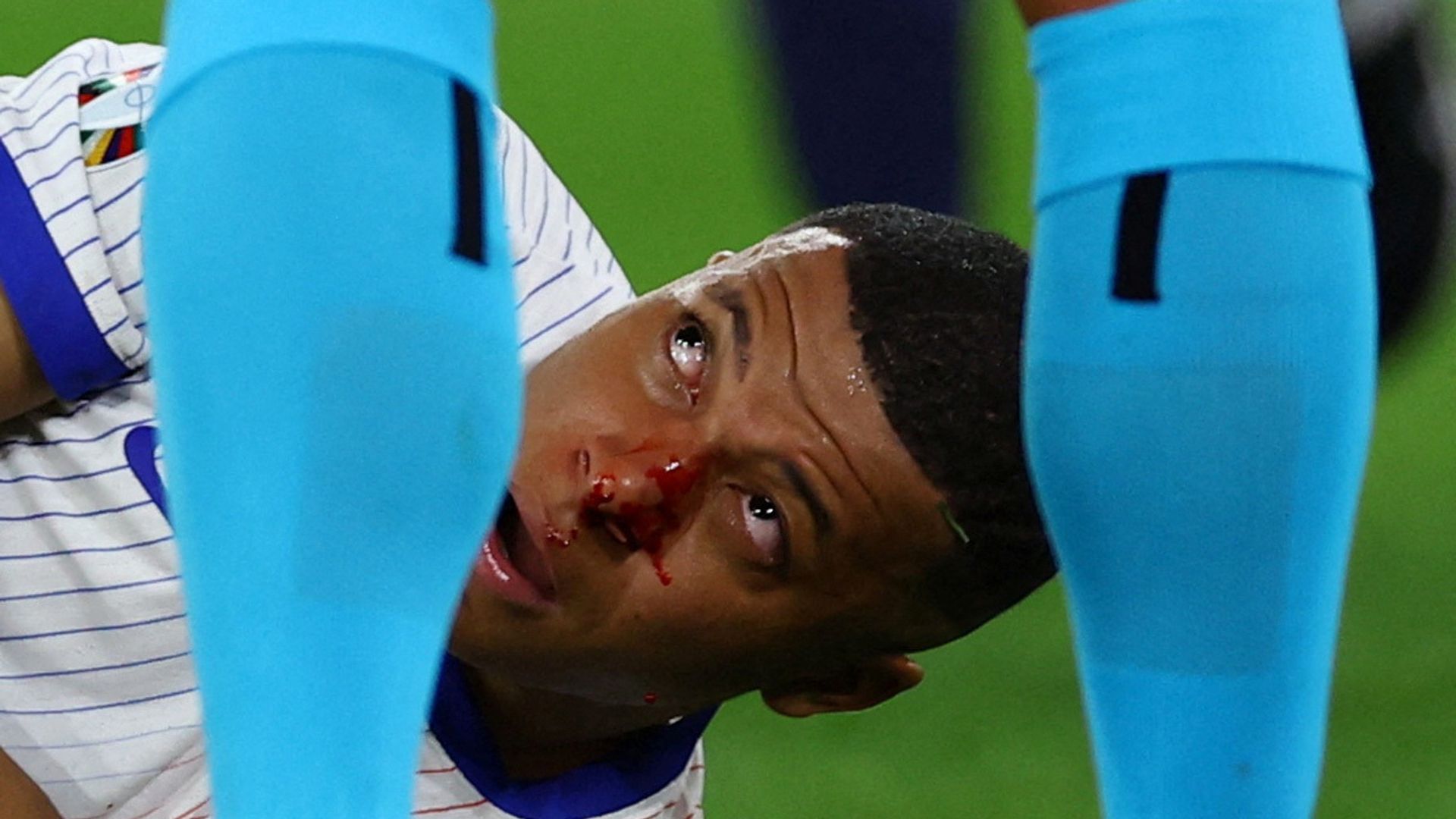Doctors are calling for the drink-drive limit to be reduced to the equivalent of a small glass of wine or beer.
The limit in England, Wales and Northern Ireland is the highest in Europe at 80mg of alcohol per 100ml of blood. In Scotland it is 50mg.
The British Medical Foundation, the trade union for doctors, has said it will lobby the next government to reduce the limit to 50mg – and 20mg for new and commercial drivers.
“Harm caused by alcohol and other drugs, including when driving under the influence, places an avoidable burden on individuals and our society, emergency services, the NHS, and the economy,” the BMA said in a statement.
“Alcohol and drug related deaths were at a record high in 2021 and 2022. Collisions caused by driving under the influence continues to claim hundreds of lives across the UK each year.
“Therefore, the BMA, in collaboration with a range of organisations representing medical professional bodies, alcohol and road safety charities and campaign groups, police and emergency services, and others, have developed this consensus statement setting out key actions that are needed to tackle this issue.”
Other recommendations include mandatory labelling of all alcohol products, sufficient and targeted funding for police to enforce drink-driving laws, enhanced alcohol and drug testing, and ensuring those found driving over the legal limits undertake compulsory alcohol and drug driving safety awareness courses.
The move is being endorsed by several organisations including the Alcohol Health Alliance, road safety charity Brake, ambulance chiefs, paramedics, and the Campaign Against Drink Driving (CADD).
“The problem is complex and a holistic approach to tackle this issue is critical to save lives and reduce the strain on our services and the economy,” the BMA added.
Keep up with all the latest news from the UK and around the world by following Sky News
Every year, more than 200 people die in drink-driving incidents on UK roads and a further 1,600 are seriously injured, according to Brake.
It says there is no safe way to tell how much alcohol will put a person over the limit, or to convert the blood alcohol limit into how many units a person can have. This is because the concentration of alcohol in blood depends on various factors including a person’s weight, age, gender, or whether they have eaten before drinking.
Be the first to get Breaking News
Install the Sky News app for free
It has been calling for a “zero-tolerance drink drive limit” – prohibiting any consumption of alcoholic drinks before driving and providing clarity in the law.
“The enforcement of a ‘zero-tolerance’ limit would be required to be set at a level of either 10mg or 20mg of alcohol per 100ml blood – a decision which should be based upon available evidence,” it says on its website.
“This is what is known as an ‘effective zero-tolerance limit’ providing appropriate leeway in the law to allow for minimal accidental alcohol consumption, through, for example, the use of mouthwash, while prohibiting the drinking of alcoholic beverages.”
It adds “the evidence is indisputable, even small amounts of alcohol impair driving, including reaction times, judgement, co-ordination, vision and how you judge speed and distance”.










